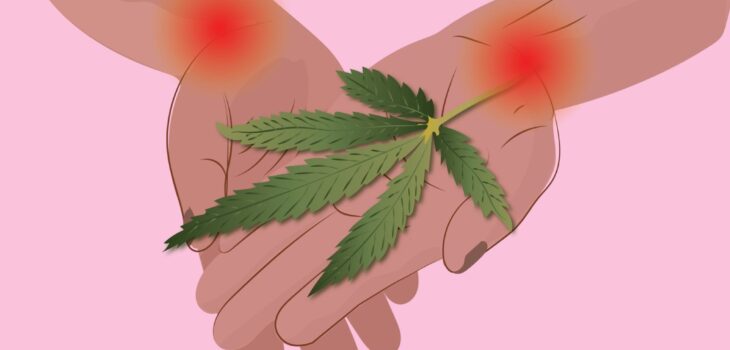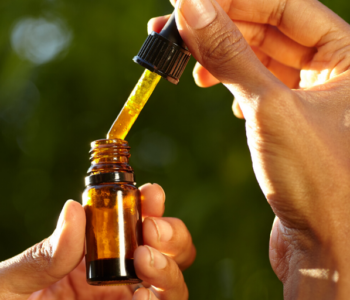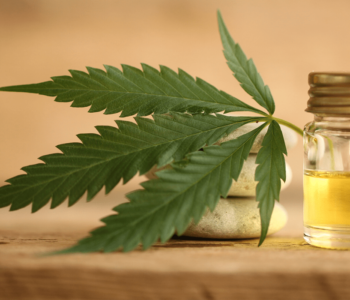 CBD Oil Australia
CBD Oil Australia
What is Cold-Pressed CBD Oil?
You shouldn’t assume that all CBD Oil is the same. The quality of the final product will depend critically on the extraction procedure used to transform the lush vegetation into a concentrated liquid. Using subpar extraction techniques can lead to subpar results, which in turn can lead to subpar goods. It’s also possible that harmful residues, such as the hydrocarbon butane, will be left behind.
In most cases, CO2 extraction is used. This method of extracting cannabinoids and other useful components from the plant is both environmentally friendly and effective. However, that isn’t the only approach you can use. As more people learn about the benefits of using CBD Oil that has been cold-pressed, its reputation for being completely natural is only expanding.
We’ll break down what cold-pressed CBD Oil is, how it’s made, and why it’s relevant to the Novel Foods category in this comprehensive guide.

Quick data about cold-pressed CBD oil
In comparison to CO2 – extracted CBD oil, the extract obtained using the cold-pressing process is pure. All of the beneficial cannabinoids, terpenes, and flavonoids found in the cannabis plant are present in cold-pressed CBD oil, which may also make it legal to sell in Australia without violating any of the country’s strict new food standards.
What steps are involved in producing CBD Oil by cold pressing?
Cold-pressed CBD oil is a traditional technique of producing CBD oil. The use of this technique to isolate active ingredients from plants dates back thousands of years.
Extracting CBD Oil: In order to extract the plant compounds, they are first combined with a carrier oil like olive oil and then subjected to high pressure. These compounds, including as cannabinoids, terpenes, and flavonoids, are sensitive to heat and may be saved by using this low-heat approach. Some people prefer this technique since it can result in a larger concentration of plant chemicals without reducing the effectiveness of the plant material.
As a result of the low level of processing, these CBD Oil products retain their entire therapeutic potential. Conventional CBD Oil manufacturing techniques, such as supercritical CO2 extraction, destroy several heat-sensitive plant components. This is commonly used by advocates of cold-pressed CBD oil as proof that their product is most similar to the original. There is less potential for contamination because this approach does not involve any extra processing, solvents, or chemicals.
Is it preferable to use CBD Oil that has been cold-pressed?
With such varied outcomes, comparing methods might be challenging. Therefore, it is difficult to make a straight comparison. Once the differences between the items are understood, though, it’s much simpler for shoppers to pick the one that’s ideal for them.

Dosing yourself with CBD Oil
It’s usually a matter of personal taste and choice when deciding between cold-pressed CBD Oil and regular CBD Oil. Some people might be put off by the fact that cold-pressed CBD oil has a very natural flavour (which means it could be harsh and earthy). A standard, filtered CBD Oil might be ideal if you like a more subtle flavour, or one that is flavoured to disguise the earthiness.
The high concentration of terpenes, flavonoids, and other plant components in cold-pressed CBD Oil is the primary reason for preferring it over CO2-extracted CBD Oil. The heat employed in CO2 extraction can destroy some of them, so you’ll find them in larger proportions in cold-pressed CBD Oil.
Cold-pressed oil also reduces some of the dangers associated with procedures like alcohol extraction. People who abstain from alcohol for religious reasons may also be interested in cold-pressing or other non-alcoholic extraction procedures.

Extra-Crude Cannabidiol Oil and Unconventional Snack
The potential novel food uses of cold-pressed CBD Oil are intriguing from the standpoint of a retailer. As of right now, the process of extracting CBD for many companies is huge, as a result of the high costs and lengthy procedures, several stores have gone out of business.
Explicit Permission
Novel products cannot be sold without first receiving approval. Some vendors, however, argue that cold-pressed CBD Oil should be excluded because of historical proof of human consumption of cold-pressed oils.
The Food Standards Agency, however, has not yet validated or denied this classification. This puts buyers in a precarious position. The novel foods list is an initial effort to control a rapidly expanding market. It has been argued that taking steps to avoid inclusion on this list might have negative consequences for the industry as a whole.
Well-known companies provide cold-pressed CBD Oil products now, giving customers peace of mind. Concerns have been raised that cold-pressed CBD Oil might give shady dealers with an easy entry point into the industry.
In conclusion
CBD Oil is high in cannabinoids and other therapeutic chemicals since it undergoes little processing. However, the introduction of cold-pressed CBD Oil has ushered in a legal limbo in Australia with regards to CBD Oil.
Due to the availability of cold-pressed CBD Oil, low-quality CBD Oil may flood the market. Until the food standards agency takes a step to either further regulate or legally exclude cold-pressed CBD Oil from the Food applications list, it is essential to customers to be careful in their purchases and to only buy CBD Oil from reliable sources.
To know more about where to buy CBD oil in Australia and other CBD oil benefits, you should book a consultation session with a professional from Chronic Therapy today.
More to read: Benefits of CBD Oil for Older Adults

